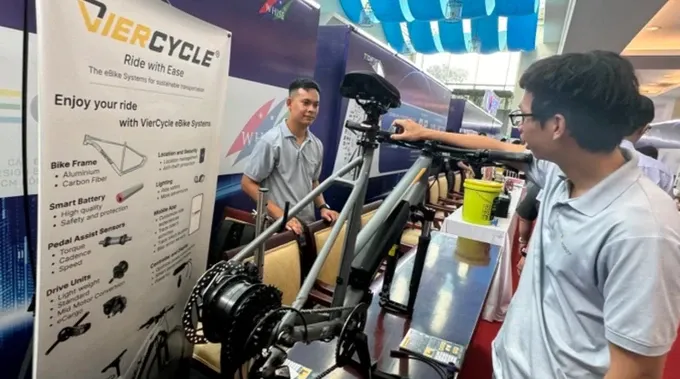
In Vietnam, 20 localities have already developed their own project to form a center for innovative startup activities. Meanwhile, 60 provinces and municipalities have introduced their project to promote an innovative ecosystem, and 39 have their People’s Council issue a resolution about financial mechanisms for innovative startup activities.
Deputy Minister of Science and Technology Hoang Minh concerned that so far, the concepts of innovation and innovative startup have been misunderstood, leading to inconsistency in management or policy development tasks. There seems to be a lack of policies for the growth of innovative ecosystems like capital support funds, promotion of investments in venture capital for innovative startups, and training programs for innovation right at school.
Furthermore, many applicable policies do not focus on specific industries or fields; have limits in establishing incubators, providing training or consultation for startup activities; do not create connections among educational institutes; and cannot offer sufficient support to the commercialization process of startup products.
More importantly, startup entrepreneurs are now facing weaknesses in capital attraction, administration skills, product marketing methods, and ability to satisfy requirements of necessary administrative procedures. At the same time, their training in human resources is not truly practical.
Therefore, experts in the field commented that there must be precise definitions of innovation and innovative startup so that state management units can adopt appropriate policies for each.
Innovation is simply a process to turn theoretical knowledge and technology into specific practical products for the community. Innovation not only comes from research and development activities but also from experience sharing among the public as long as science-technology is concerned. The main subjects to carry out innovation are enterprises and businesspeople.
Innovative startup, on the other hand, concentrates on attracting capital or Initial Public Offering (IPO) to create new products or companies, but has to manufacturing yet to launch products in the market. Innovative startup can be done by groups, individuals, or even small and medium-sized enterprises (SME). At present, the main subjects to carry out innovation startup activities are the SME community, resulting in a misunderstanding that startup means SME, and thus adopting imprecise policies on them.
There should be separate legal frames for innovative startup as well as intermediary organizations to link innovative startup to existing businesses and other elements in an innovative ecosystem.
























